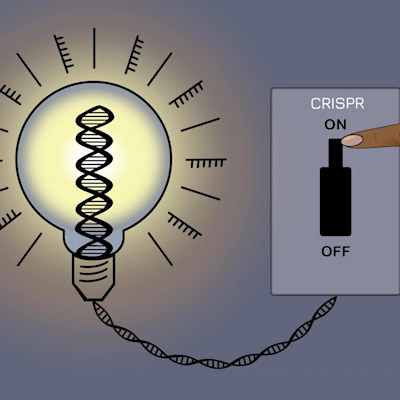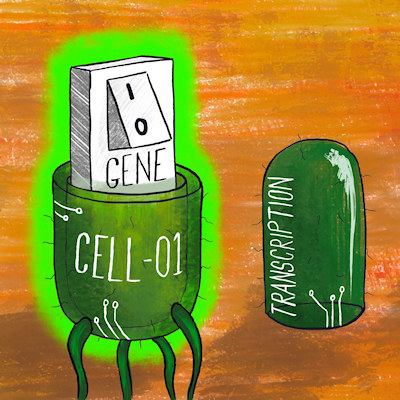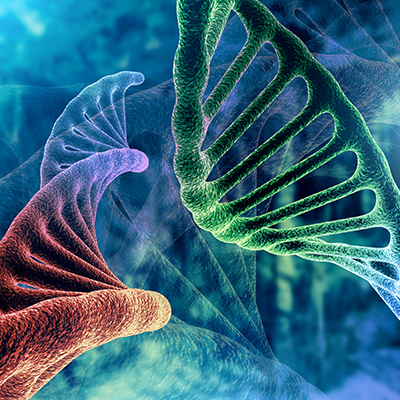August 20, 2021 -- Rice University bioengineer Laura Segatori, PhD, has been awarded a grant from the U.S. National Institutes of Health to develop gene activity sensors and activators that can be applied to nearly any cellular process associated with a transcriptional response.
The four-year, $1.8 million grant will be administered by the National Institute of Biomedical Imaging and Bioengineering. Segatori and her team will program mammalian cells to "read" their environment and develop living designer systems that detect and correct human pathologies.
The concept is built on the team's previous development of gene signal amplifiers that report on the activity of a gene by expressing green fluorescent proteins (GFP). When a gene is not active, the amplifier expresses negative regulators that quench GFP.
The new synthetic biological circuits will be engineered to function inside cells and quickly respond to changes in gene activity.
"Current engineered cells typically lack control over the response time and dynamics," said Segatori. "Drug dosage becomes an issue. But if we can make smart cells that sense the need of your body for therapeutics and just adjust drug release accordingly, that would be really useful for many applications."
Copyright © 2021 scienceboard.net









